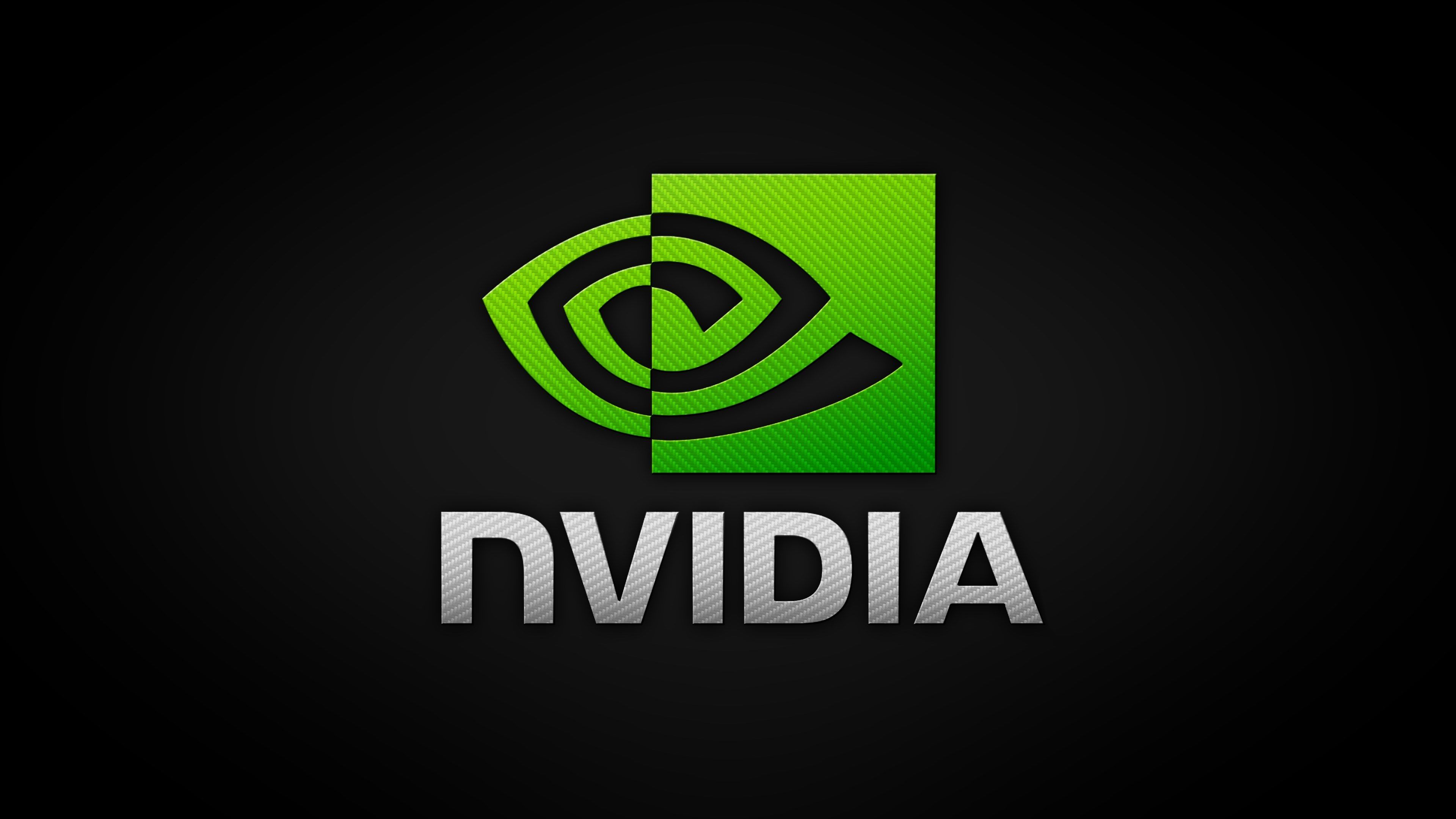Nvidia going for rivals' jugulars as it plans to compete in $30 billion custom chip market — but is it a sign that the AI behemoth has reached its peak?
Nvidia could build custom chips for the likes of OpenAI, Microsoft and Alphabet

Nvidia currently controls about 80% of the high-end AI chip market, a position that has boosted its stock market value to $1.82 trillion. Tech giants such as OpenAI, Microsoft, Alphabet and Meta, have been racing to secure its chips to compete in the rapidly emerging generative AI sector.
In a bid to reduce energy consumption and potentially shrink the cost and time to design, some of Nvidia’s major customers have now started to develop their own internal chips for specific needs.
But according to Reuters, Nvidia is intending to combat that potential threat to its business by entering the lucrative custom chip market.
Taking on Broadcom and Marvell
In 2022, Nvidia announced it would let third-party customers integrate some of its proprietary networking technology with their own chips. Now, according to sources, Nvidia officials have met with representatives from its biggest tech customers to discuss making custom chips for them.
Dina McKinney, a former AMD and Marvell executive, is heading Nvidia's custom unit, and beyond data centers her team's goal is to make its technology available for customers in cloud, 5G wireless, video games, and automotives.
According to estimates from research firm 650 Group, the data center custom chip market will grow to as much as $10 billion this year, and double that in 2025. The broader custom chip market was worth roughly $30 billion in 2023, which amounts to roughly 5% of annual global chip sales.
Broadcom and Marvell currently dominate the custom silicon design for data centers. Nvidia's move into this territory could potentially eat into their sales. Nvidia shares rose 2.75% after the Reuters report, while Marvell shares dropped 2.78%.
Sign up to the TechRadar Pro newsletter to get all the top news, opinion, features and guidance your business needs to succeed!
More from TechRadar Pro

Wayne Williams is a freelancer writing news for TechRadar Pro. He has been writing about computers, technology, and the web for 30 years. In that time he wrote for most of the UK’s PC magazines, and launched, edited and published a number of them too.